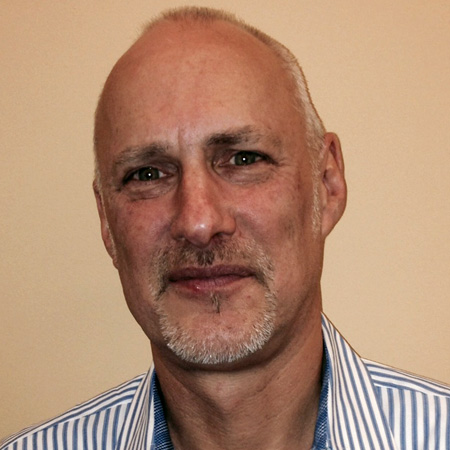Two years ago, my partner Rene died from a fatal mental illness. You might call it suicide, but invariably that brings up judgment, shame, scorn and even blame.
Rene recognized that he had a mental illness: he suffered severe depression, often with overwhelming anxiety. Although we all think we have experienced depression and know ways to "snap out of it," his experience was deeper than any of his loved ones could comprehend. It was a soul-destroying depression that eliminated the core of his being bit by bit and appeared endless to him in its depth. That he could live with such an illness and still have bright, loving and tender moments until his last day is a testament to the human spirit.
He died in our home. Upon hearing that, many are aghast and blame him for being insensitive to me, the living. Others tell me they couldn't imagine living in the same house afterward. Yet if I said he died at home of terminal cancer, most people would respond, "How wonderful that he died where he was loved and comfortable."
Well Rene died from terminal disease in his home where he knew the person who loved him the strongest would find him and where he was most comfortable. He died in the home filled with the memories of his life and the ones that loved him.
Rene did not die from the lack of love or support from me or anyone else. "I know you love me and I love you," he'd say. "But that cannot fix me." It was hard to hear but, I had to let go of my thought that if he somehow tried harder he would get better. He tried, we tried everything that medicine, psychiatry, therapy and alternatives could throw at him. Unfortunately no one can know that a mental illness is terminal until the person dies.
